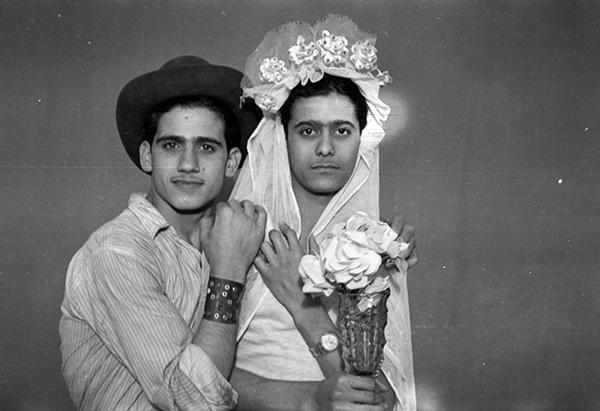
Hobb Beiruti
By Sahar Mandour
Dar El Adab, 2008
Arabic
To Arabs of the vaguely openminded persuasion, Beirut may hold the greatest promise for an alternative urban environment. Alternative, that is, to the arabic-speaking world epitomized by Cairo. It seems the closest thing to a pluralistic and au courant arab city. Like Istanbul, it benefits from eastern and western tides of the mediterranean. Like Paris, its small and occasionally snobbish, simultaneously multifarious and xenophobic. But it resembles Cairo in one sad respect: It operates on the assumption that there is nowhere else.
So, too, does the book Hobb Beiruti (Beiruti Love) by Sahar Mandour, a non-novel about love lost that seems to embody Beirut’s I-am-the-world-and-the-world-is-me inclinations more often than it questions or criticizes them. With the exception of a similarly hard-to-classify book — I Will Paint a Star on Vienna’s forehead, an even slimmer volume published two years ago — Mandour has little experience with the Arab publishing world (which no doubt contributed to the freshness and positive reception of I Will Paint a Star). She comes from a journalistic, rather than a tormented-artist, background — always a good sign. Yet this new little Dar Al Adab number is perhaps more than anything an example of how a prose poetry aesthetic that flared up in Egypt and Lebanon during the 1990s, only to die out almost as soon as people started noticing it, has been finding its way into vaguely narrative form.
Told mostly from the viewpoint of the male partner, this story of a Love-Affair-turned-abortive-Matrimonial-Project-turned-Open-Relationship displays all the trademarks of the so called Nineties Generation: vernacular irreverence, focus on the body, attention to quotidian physical detail. It does away with grand narratives, grand personalities, and grand claims of any kind; draws on Western as well as Arab pop culture; and cites nothing more authoritative than Wikipedia in its amazingly eclectic list of references.
Hobb Beiruti is thus typical of an existing — not to say exhausted — trend. What could be more routine in contemporary Arabic literature than mixing a standard idiom with the spoken dialect of the setting? What could be more humdrum than the boyfriend running away when the girlfriend suggests they get married? Nor does Mandour give these motifs a particularly interesting twist. Even the most determined argument with form requires more formal rigor than she provides. And it takes more than a desultory tone or an explicit scene divested of eroticism to say something truthful about ennui or desire.
It is through sheer force of identity with the city, rather, that Hobb Beiruti stands out. The book has been criticized for actually saying little about Beirut; only those intimately familiar with the Beirut-specific references that it makes will fully appreciate its implications, goes the argument. Yet it is precisely this failure to make provisions for the non-Beiruti that gives the book its authentically Beiruti flavor. In making the outrageous assumption that, as soon as the Rawda Café is mentioned, the reader will instantly see a downscale open-air garden with nargiles and coffee urns covered with saucers on the tables, where the immediate prospect of the rocky beach gives onto the distant hills above the water, Mandour is being true to Beirut.
She is being true, specifically, to the notion that there is nowhere else. And there is a lot more in her text to corroborate the idea that the love she expounds on really is Beiruti Love. The combination of earnestness and informality; the concerted disorder of the text; the tendency of people to appear and disappear before you’ve had a good look at them, and the lightness with which they carry their war scars; the intensity of emotions expressed as opposed to emotions actually experienced; the inadvertently jarring juxtaposition of elements; the tendency to transform a simple function or exchange into a performance and the abiding insincerity that goes with that tendency: all reflect the originality, the madness, and the magic of Beirut. It comes almost as a surprise when, by the end of the book, you suddenly realize that nothing so extraordinary has occurred. But then again, perhaps Beirut is not as magical as it seems.